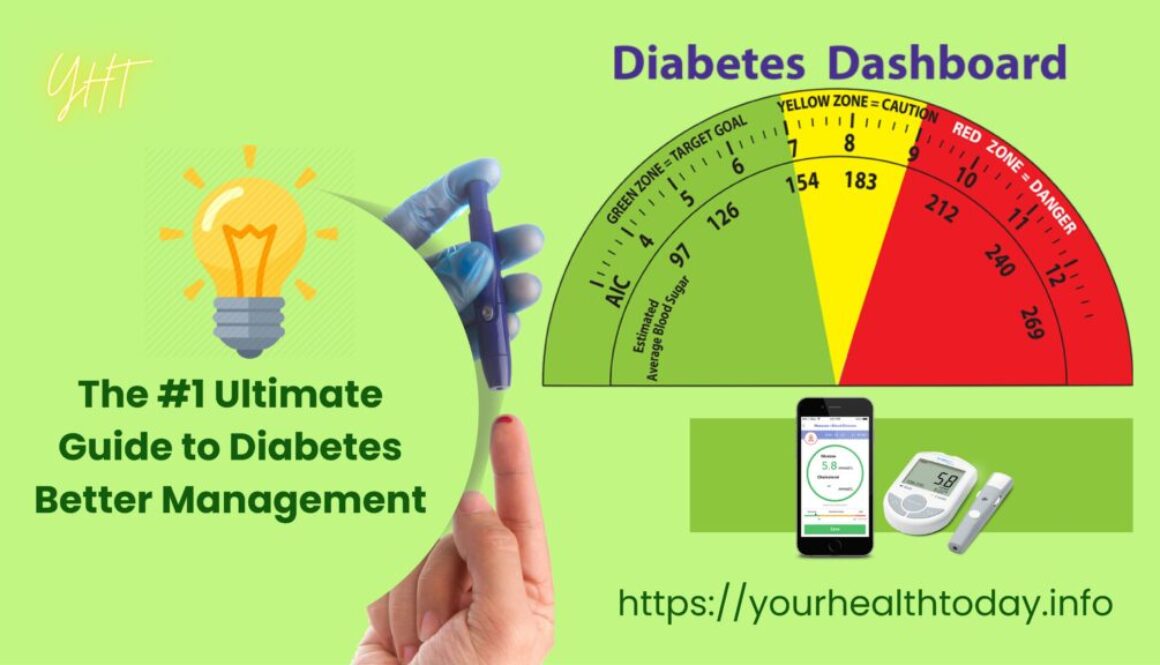The #1 Ultimate Guide to Diabetes Better Management
“Discover the Well-rated Guide for Achieving Better Diabetes Management with Our #1 Resource. Take Control of Your Diabetes and Your Overall Health.”
Introduction
Welcome to our guide on How to Manage Diabetes!
The disease is a long-lasting health issue that affects lots of people worldwide. It can affect how you feel and your overall health.
In this guide, we’ll talk about different ways to handle diabetes. We’ll cover things like changing your daily habits, eating right, staying active, and taking medicine if needed.
Plus, we’ll give you tips to stay motivated and boost your health.
By following the advice in this guide, you can feel better, live better, and take control of your sickness.
So, let’s begin!
Disclosure
Before delving further into the content, it’s essential to establish a foundation of clarity and transparency.
It’s worth noting that this post might be enriched with affiliate links, which serve as a means to sustain the quality of this platform.
These links come with a distinct advantage – they grant me a modest commission, a portion that comes directly from the seller and doesn’t incur any additional costs on your end.
Intriguingly, some of these links also offer you a noteworthy benefit: exclusive discounts that are accessible through these very channels. It’s a win-win scenario.
By clicking and making purchases via these links, you extend your support toward the continuous upkeep and enhancement of this blog.
Your actions foster the creation of genuine, insightful content that’s dedicated to your enrichment.
It’s imperative to underscore that I find genuine satisfaction in endorsing tools and resources that I hold dear, employ regularly, and have personally vetted.
This ensures that the content I present is not only reliable but also backed by firsthand experience.
As you immerse yourself in the post, my sincere hope is that it serves you in meaningful ways. May it contribute to your knowledge reservoir or introduce you to novel insights.
Your commitment is genuinely appreciated.
Wishing you an enlightening reading experience ahead!
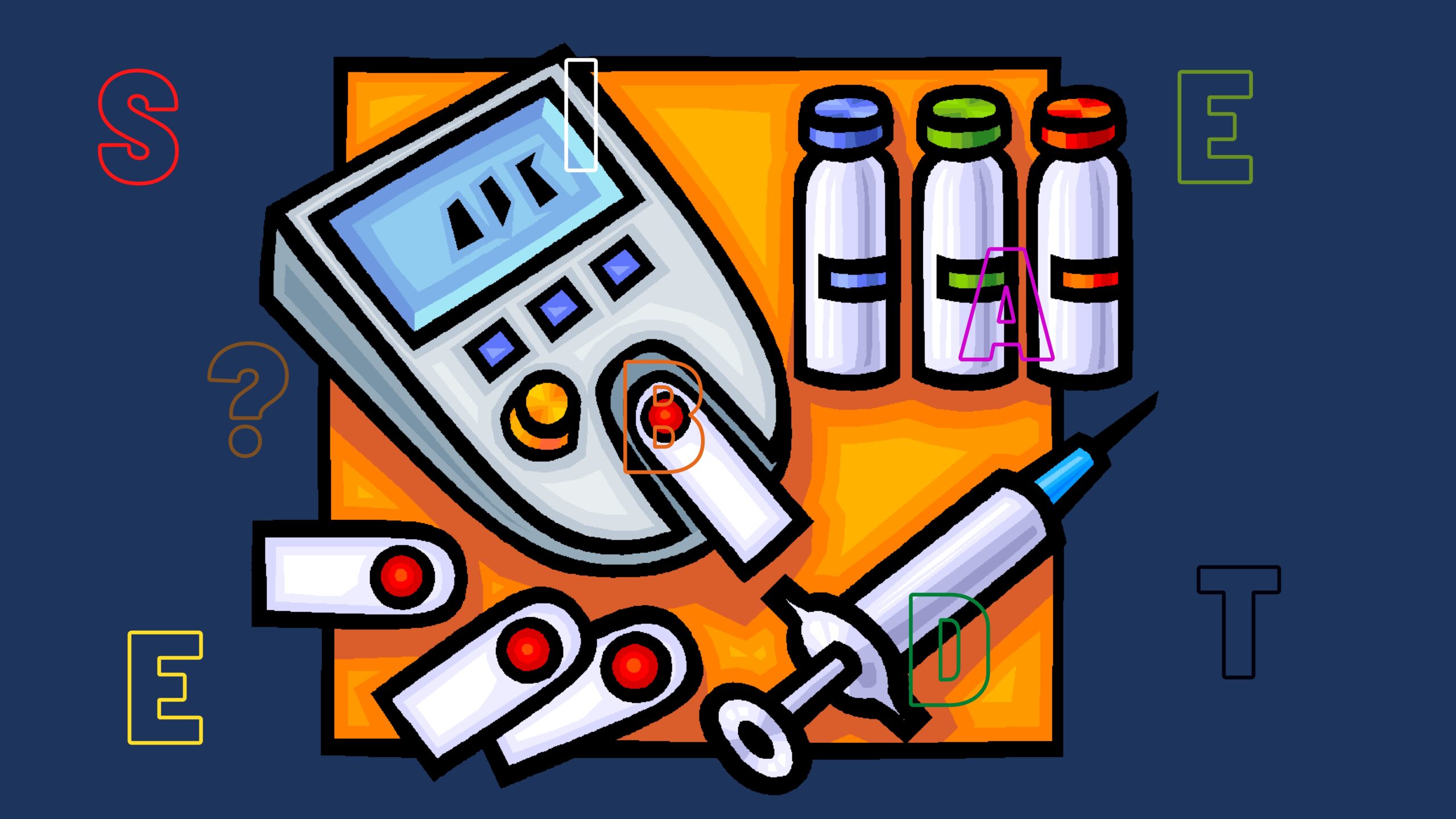
I. Understanding Diabetes
The first thing to do when dealing with this serious sickness is to learn more about it.
Diabetes is a long-term health problem caused by having too much sugar (glucose) in your blood.
This happens when your body can’t produce enough of a hormone called “insulin”, which helps control your blood sugar.
To take care of the sickness, you need to make changes in your everyday life, like how you eat and maybe take medicine.
It’s also important to know different kinds of diabetes and things that can make it more likely for you to get it.
So, it’s crucial to get the basics of diabetes and learn how to handle it well.
01. Types of Diabetes
There are three (3) main types of diabetes: type 1, type 2, and gestational diabetes.
type 1
type 2
gestational
It’s a type of diabetes which is a health issue where the body doesn’t make enough insulin to regulate the blood sugar due to the immune system acting up.
This is the most common type of diabetes which occurs when the body is unable to effectively use its insulin.
This kind of diabetes only happens while a woman is pregnant and goes away after the baby is born.
It’s good to know the differences between the types of diabetes and the associated risk factors that might make you more likely to get them.
Understanding the type you have and how it affects you will make it easier to take care of it
02. Symptoms of Diabetes
The main sign of the sickness is having too much sugar in your blood.
You might also notice other things like peeing a lot, feeling very thirsty, being very hungry, getting tired easily, having blurry vision, cuts that take a long time to heal, and feeling weird sensations in your feet and hands.
If you have these signs, it’s important to see a doctor. Finding out early and getting help can stop diabetes from causing serious health problems.
03. What Causes Ailment?
The reasons for having the sickness depend on the type.
Type 1 diabetes happens because the body’s defense system (scientifically called the immune system) mistakenly harms the insulin-making cells.
An autoimmune response triggers the body’s immune system to attack the cells in the pancreas that produce insulin.
Type 2 diabetes comes from a mix of things like your family history (genetics), how you live (lifestyle), and what you eat (diet).
Gestational diabetes comes during pregnancy when certain hormones mess up how insulin works.
If you want to learn more about the disease and become a detective, you can click on the following link: diabetes.org.nz/diabetesdective.
04. What Are the Risk Factors for the Sickness?
What makes you more likely to get diabetes depends on the type.
Type 1 diabetes, is often seen in kids and young adults. If others in your family have it, you might be at risk.
Type 2 diabetes is more common in grown-ups. Being overweight, not moving around much, or having family members with diabetes can raise your risk.
Gestational diabetes is more likely to occur in pregnancy: when you’re pregnant, if you’re very overweight, have a family history of diabetes, or had a big baby before, you might be more likely to have gestational diabetes.
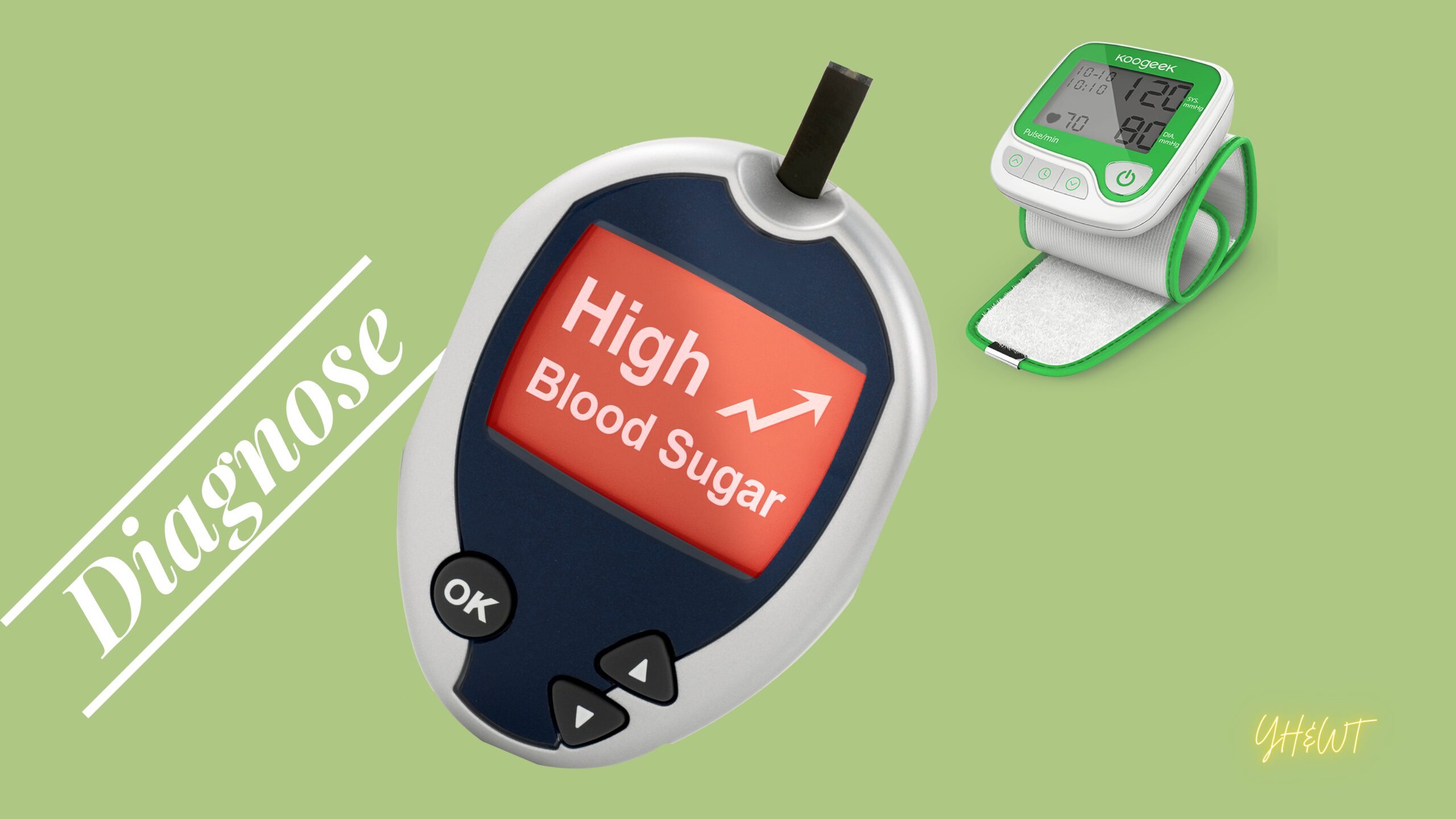
II. Diabetes Diagnosis
When your doctor thinks you might have diabetes, they check with some tests. One is a blood test, and sometimes they also want a urine test to be sure.
These tests help the doctor know if you have diabetes or not. If they’re pretty sure you do, they might send you to a special doctor for more tests and help.
Now, let’s talk about taking care of diabetes.
You might need to change some things in your life, like what you eat and how you live. Sometimes, you’ll need medicine.
It’s super important to do what your doctor says to keep away from serious health problems.
01. Diabetes – Tests and Diagnosis
When the doctor wants to know more if you have the disease, they use special tests. The most common ones are:
Fasting Blood Glucose Test
This test checks how much sugar is in your blood after you haven’t eaten for 8 hours.
Oral Glucose Tolerance Test
With this one, they see how your body handles sugar by making you drink a sweet liquid.
A1C Test
This test looks at your average blood sugar level for the last 3 months.
All these tests help the doctor figure out if you have the sickness and which kind. Once they know for sure, they can make a plan to help you get better.
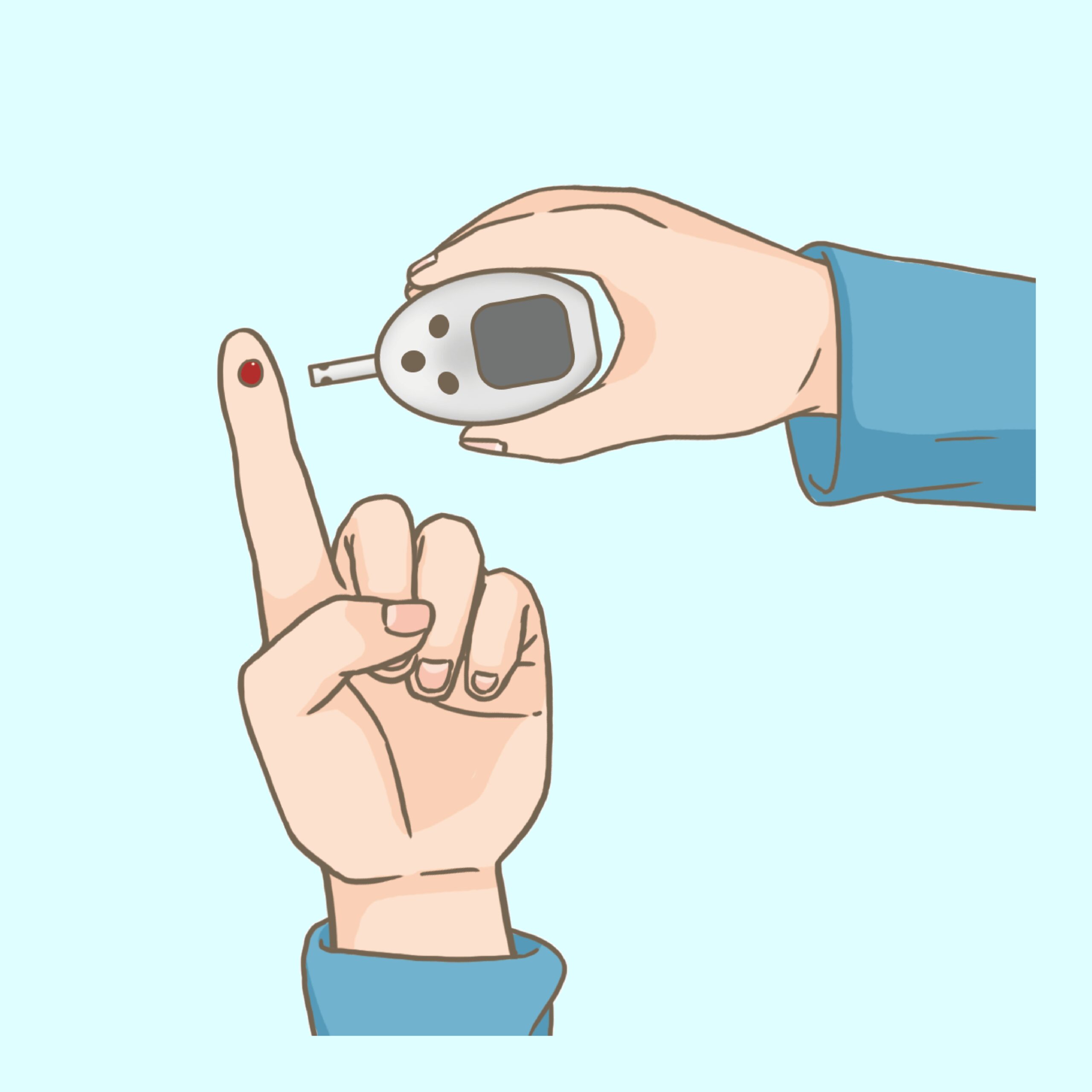

02. Monitoring Blood Sugar Levels
To stay on top of diabetes, you need to keep an eye on your blood sugar levels.
Your doctor will tell you how often to check it.
This helps you see how your body reacts to what you eat, how active you are, and the medicine you take.
It’s like a roadmap to managing your diabetes.
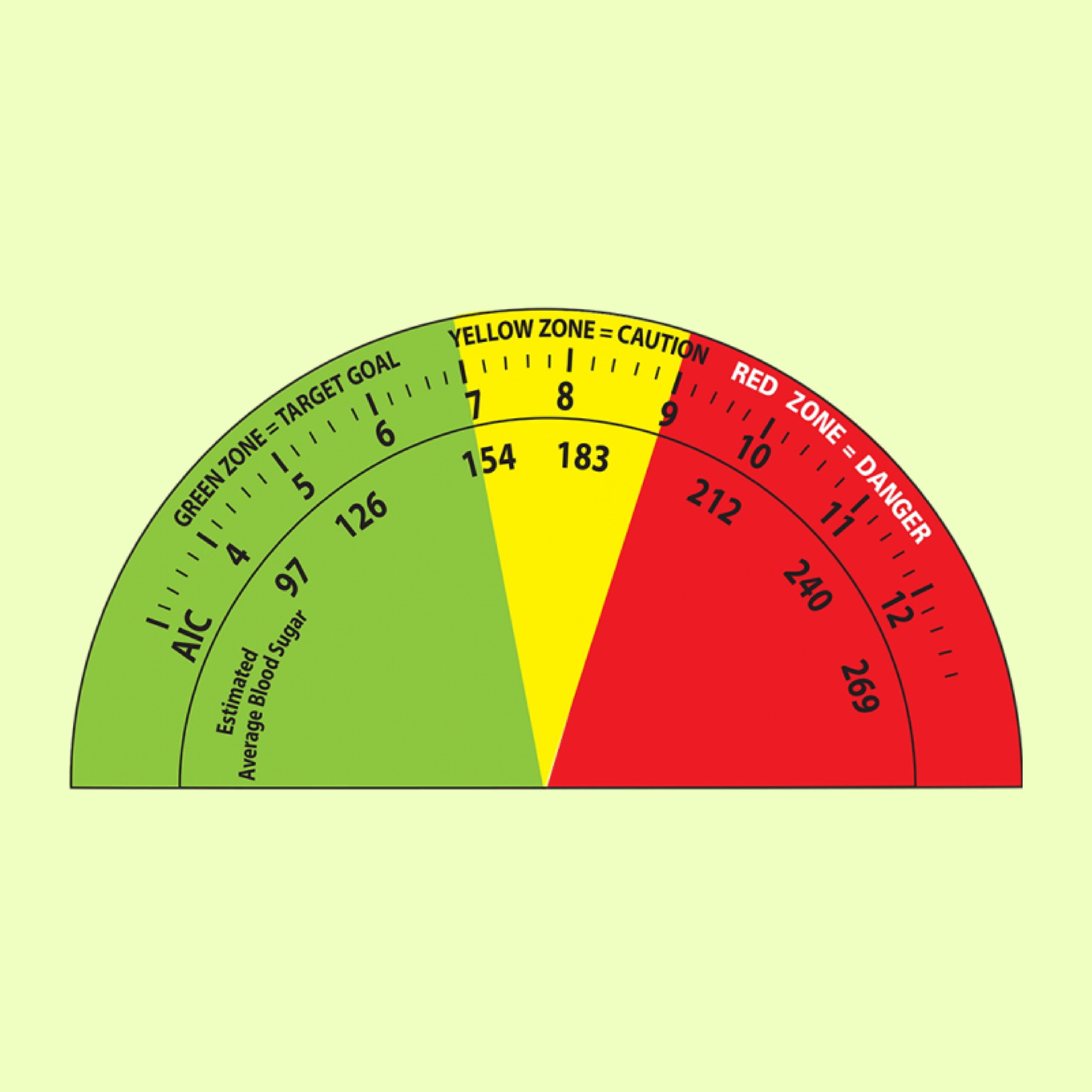
When you track your blood sugar, you can spot trends and know if your plan needs tweaking. And don’t forget to write it down, so you can talk to your doctor about it later.
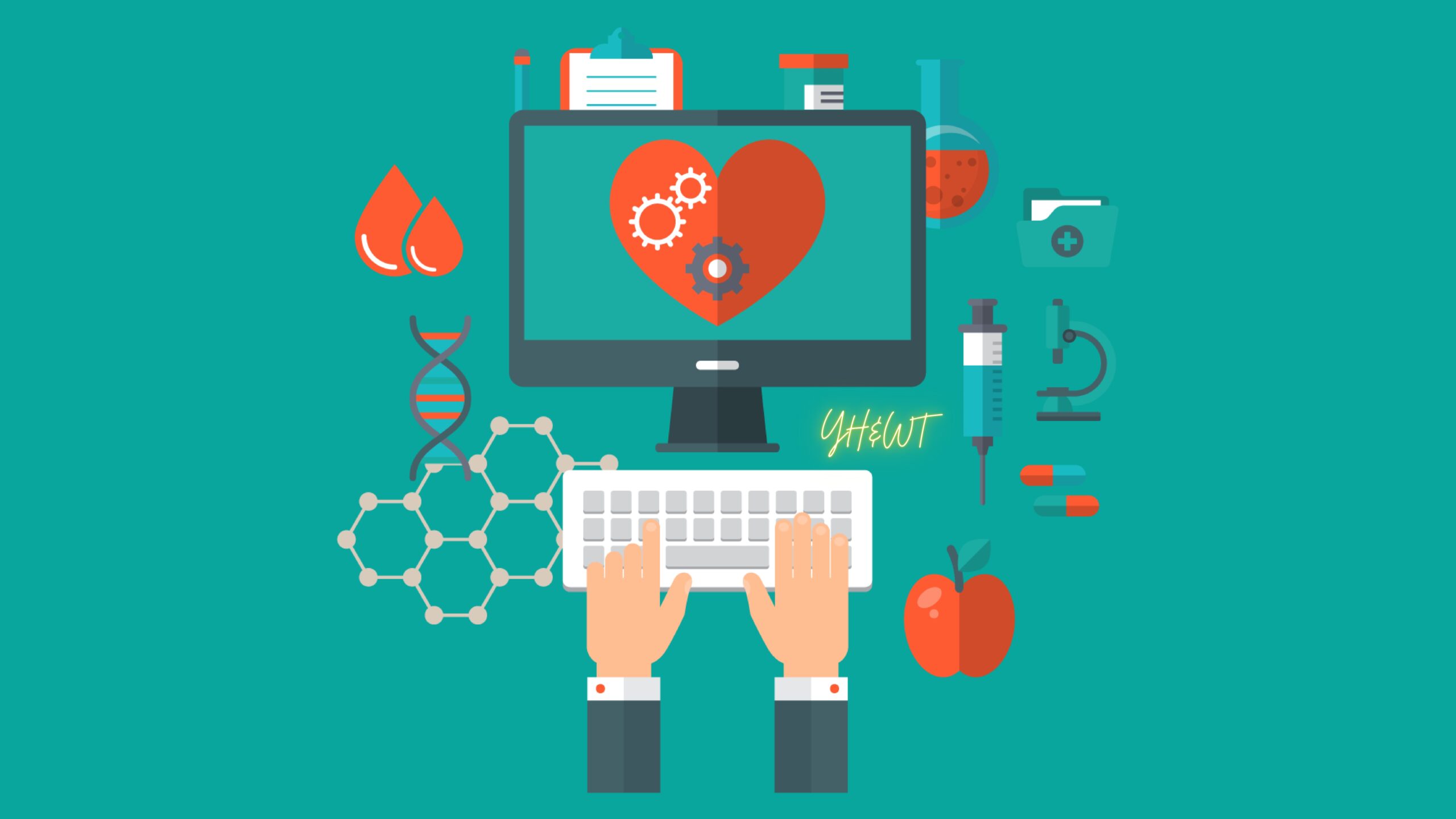
III. Diabetes Treatment
When you have diabetes, taking care of it usually means making some changes in your life. Here’s how:
Lifestyle Changes: You might need to move more, find ways to manage stress, and stop smoking if you do.
Diet: Eating healthy is a big part of managing the disease. A dietitian or a diabetes expert can help you figure out what to eat.
Medicine: Sometimes, you’ll need medicine to keep your blood sugar in check. Listen to your doctor about how to take it right.
By doing these things, you can give yourself the best chance to stay healthy with diabetes.
01. Medications
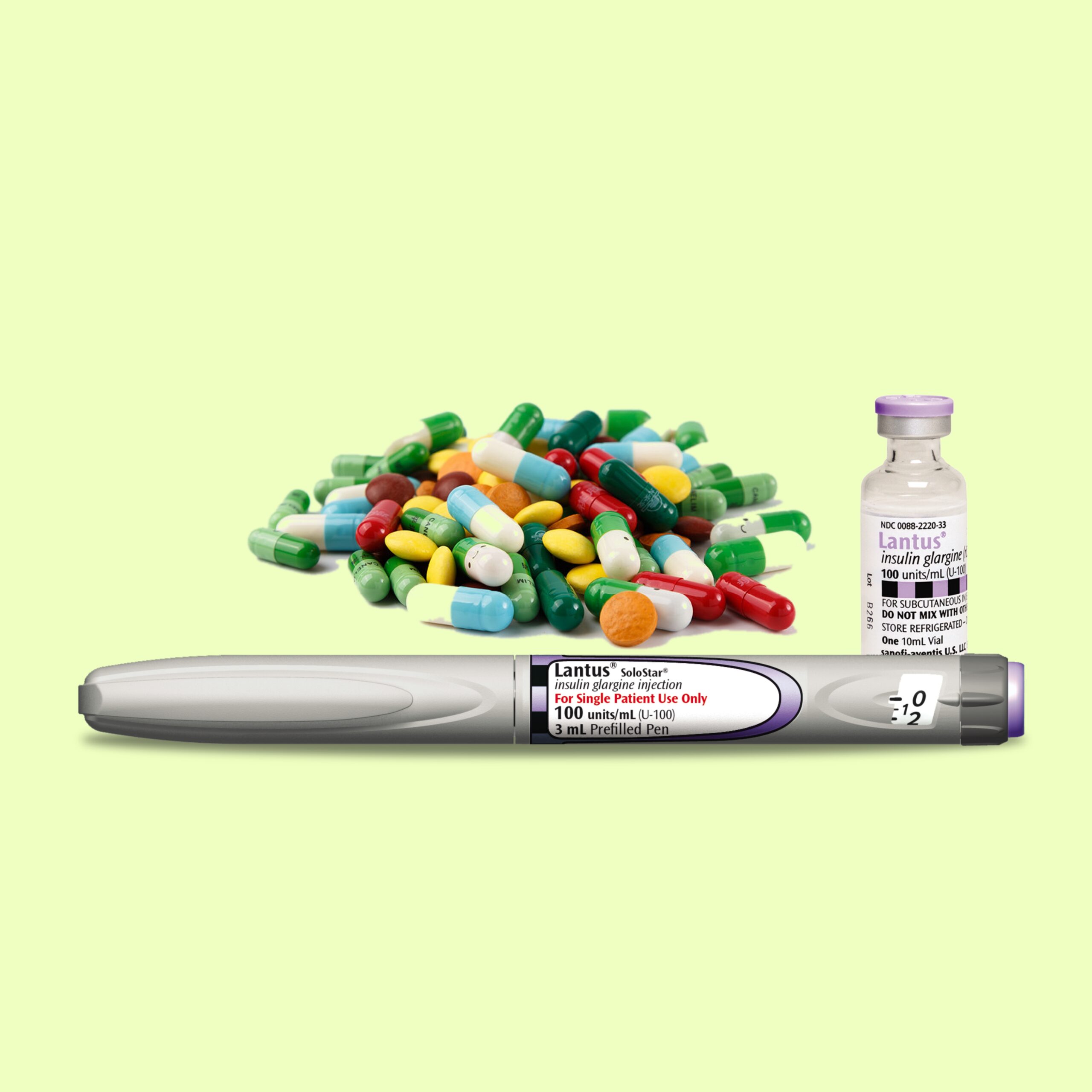
Remember, medicine can help keep your blood sugar in check. Your doctor might give you insulin or other pills for your diabetes.
Here’s the deal: Do exactly what your doctor tells you. Go see them regularly to make sure the medicine is doing its job.
And if things need tweaking, they’ll make changes to the medicine or how much you take.
02. Insulin Therapy
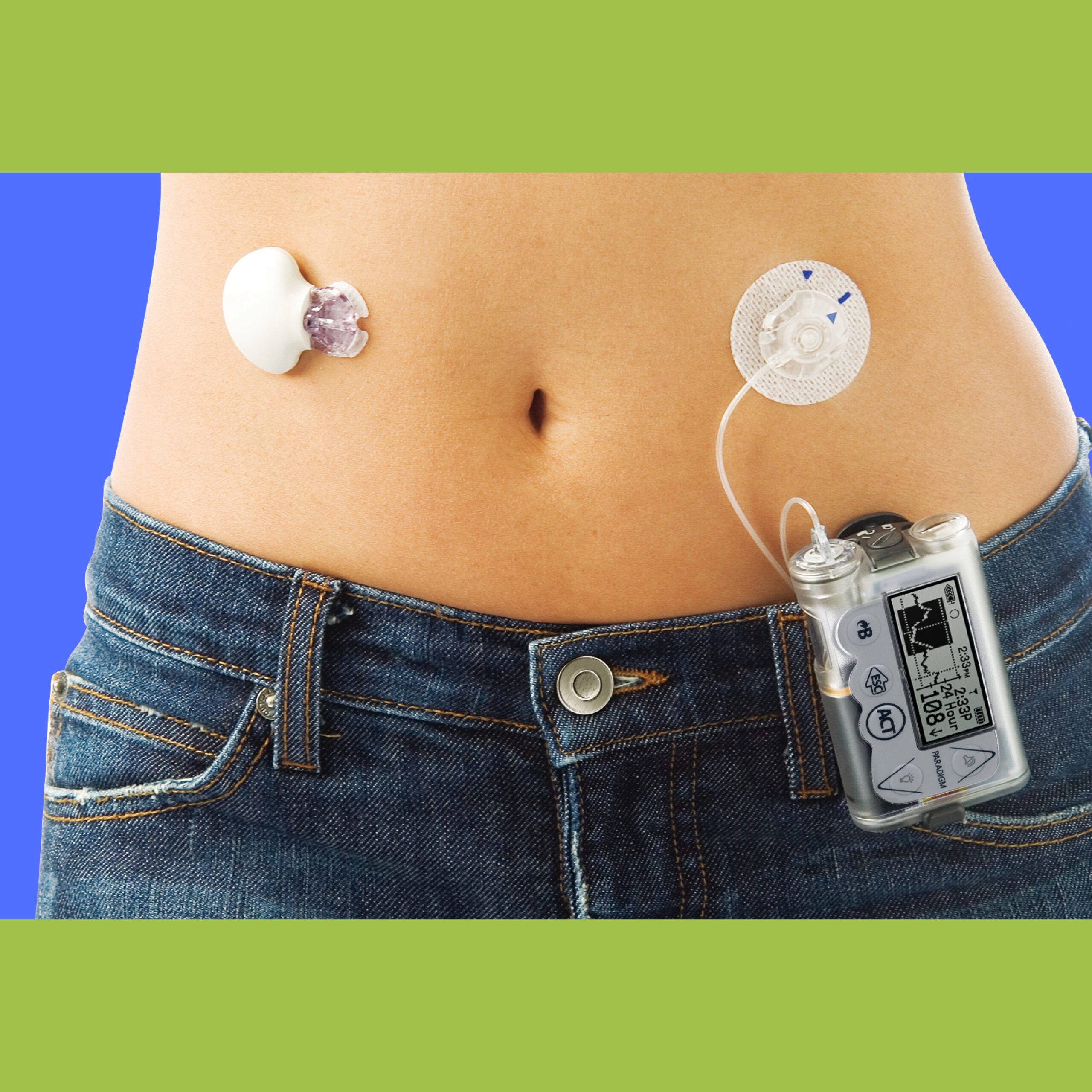
Insulin therapy is a treatment used for some people with diabetes, especially those with type 1 diabetes or in certain cases type 2 diabetes.
Here’s the scoop: Insulin is like a helper hormone that makes sure your body uses sugar for its energy needs.
But if you have diabetes, your body doesn’t make enough of it.
So, some people need to take insulin with shots or a special pump to get the right amount. This helps to keep their blood sugar stable and lowers the risks of having too much sugar in the blood.
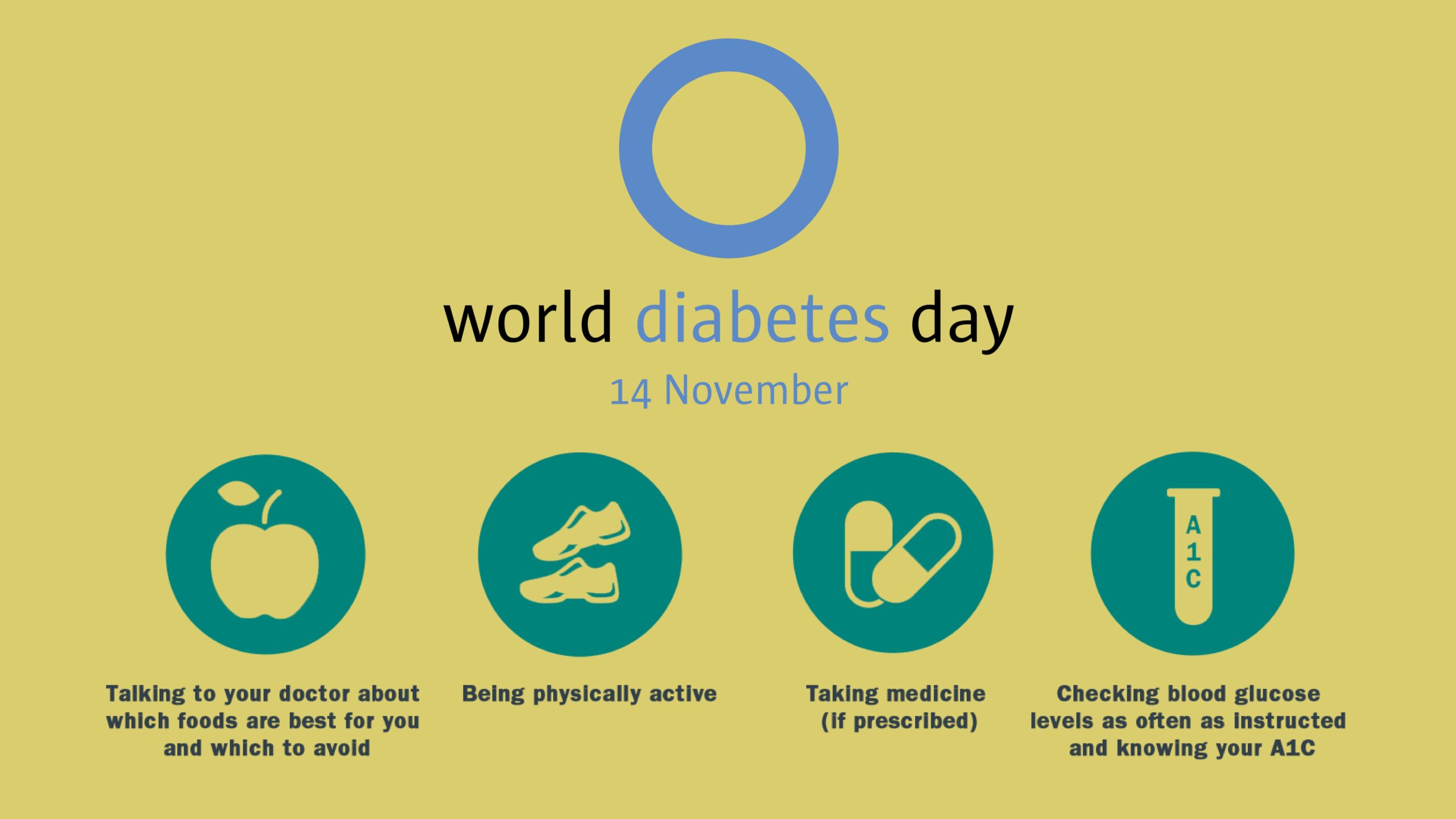
IV. Diabetes Prevention
To keep away from diabetes, you need to make good choices in your life. Here’s how:
Eat Right: Say no to junk food and sugary snacks. Instead, munch on fruits, veggies, and whole grains.
Stay Active: Moving around helps you lose weight, keeps your blood sugar in check, and makes your body work better with insulin.
Relax: Stress is a no-no. Try to chill out. Also, make sure you get enough sleep and don’t smoke.
Doing these things can help you keep at bay from this disease.
01. Healthy Eating Habits
To eat well with diabetes, here’s what you do:
Regular Meals: Eat your meals on a schedule, and don’t skip anything.
Say No to Bad Snacks: Don’t munch on junk or sugary stuff.
Variety is Key: Have a mix of good foods like fruits, veggies, and whole grains.
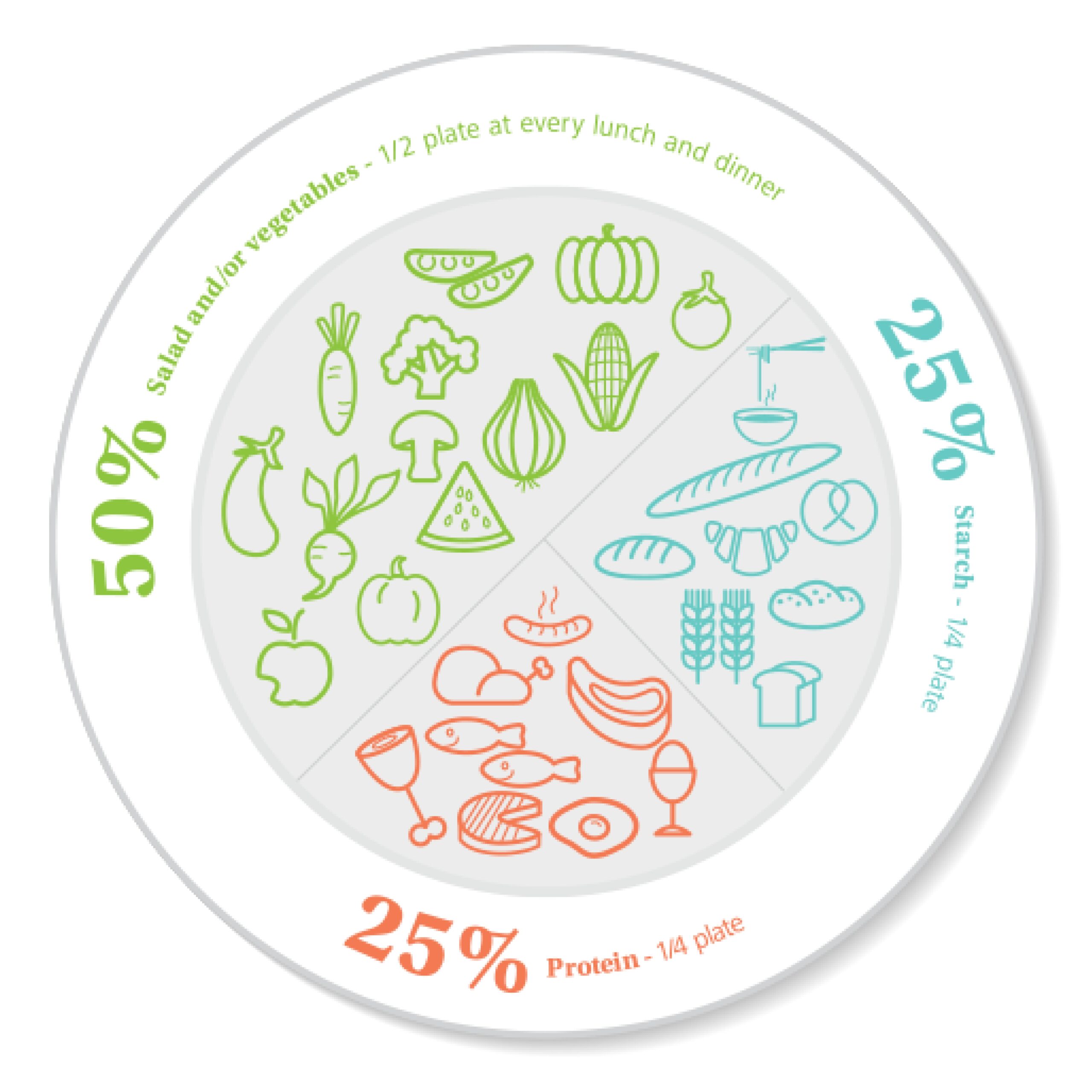
Three Meals and Snacks: Aim for three meals a day with healthy snacks in between. This keeps your blood sugar steady.
Check Your Blood Sugar: Keep an eye on your sugar levels and adjust your meals if needed to keep them in a healthy range.
Following these tips can help you eat well and stay healthy with the ailment.
02. Regular Exercise
Exercise is like a superpower for dealing with diabetes. Here’s why:
Helps Insulin Work Better:
Exercise makes your body use sugar (glucose) more easily because it improves insulin sensitivity.
Lowers Sugar Levels:
It also brings down your blood sugar levels, which is crucial for managing diabetes.
Sheds Extra Pounds:
If you need to lose weight, exercise can help with that too.
Reduces Stress:
It’s a great stress-buster, helps you sleep better, and boosts your energy.


Prevents and Manages Diabetes:
Studies show that it can lower the chances of getting type 2 diabetes and improve life for folks with type 1 diabetes.
Keeps You Healthy:
Regular exercise is an important part of diabetes care. It helps prevent diabetes-related problems.
So, if you have diabetes, make sure to talk to your doctor about what kind of exercise and how often is best for you.
03. Monitoring Blood Sugar Levels as a Non-Diabetics
Checking your blood sugar is a big deal when you have diabetes. Here are the reasons:
Know How You’re Doing:
It helps you see how well you’re doing and if you need to change what you eat or how you exercise.
Do It Regularly:
You should test it regularly, not just once in a while. Do it at different times during the day.
Keep a Record:
Write down the numbers and show them to your doctor, especially if you’re taking diabetes medicine.
Ask Your Doctor:
Your doctor can tell you when and how often to check your blood sugar.
Learn What It Means:
Understand what the numbers mean. If they’re too high or too low, it could mean other health issues, so you need to act quickly.
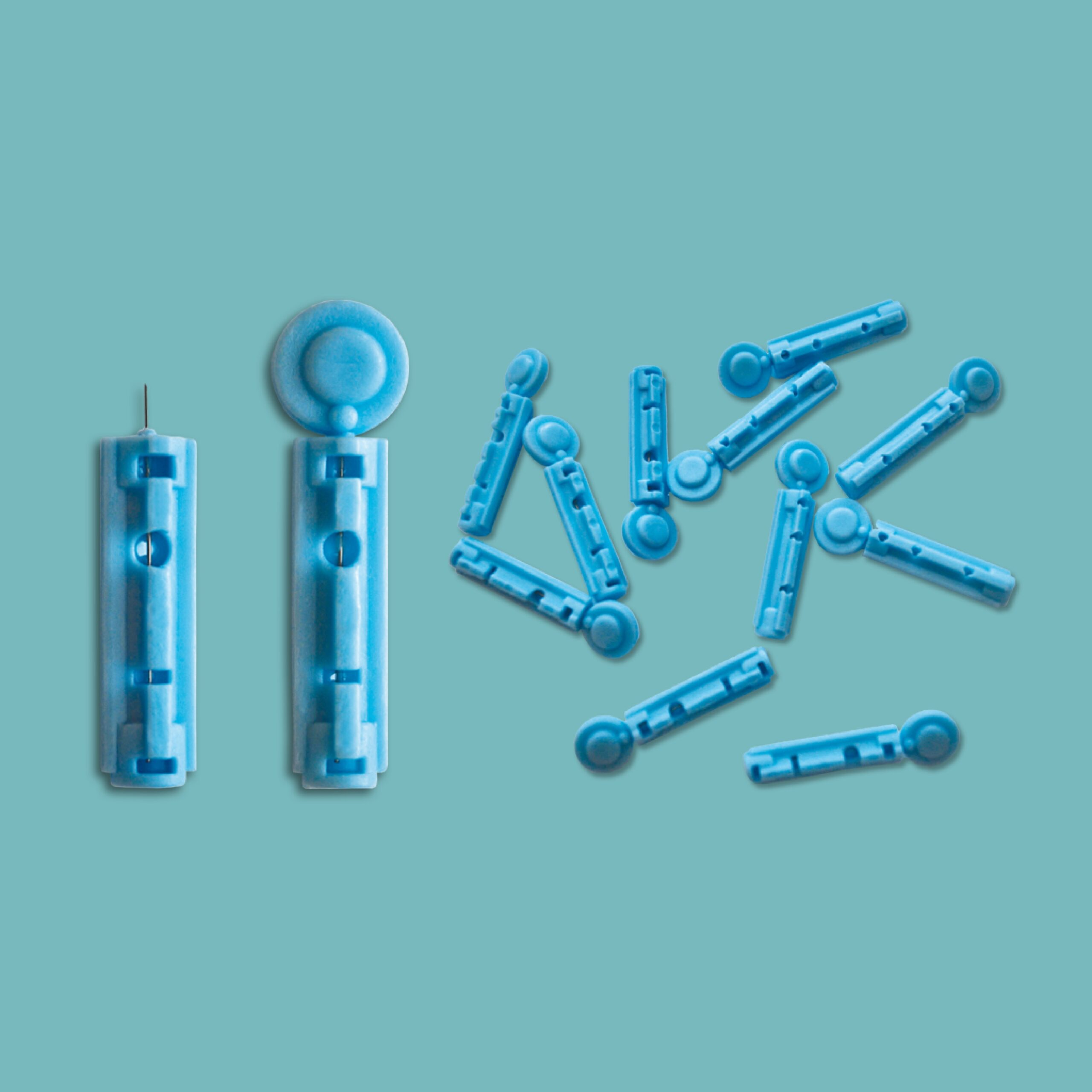
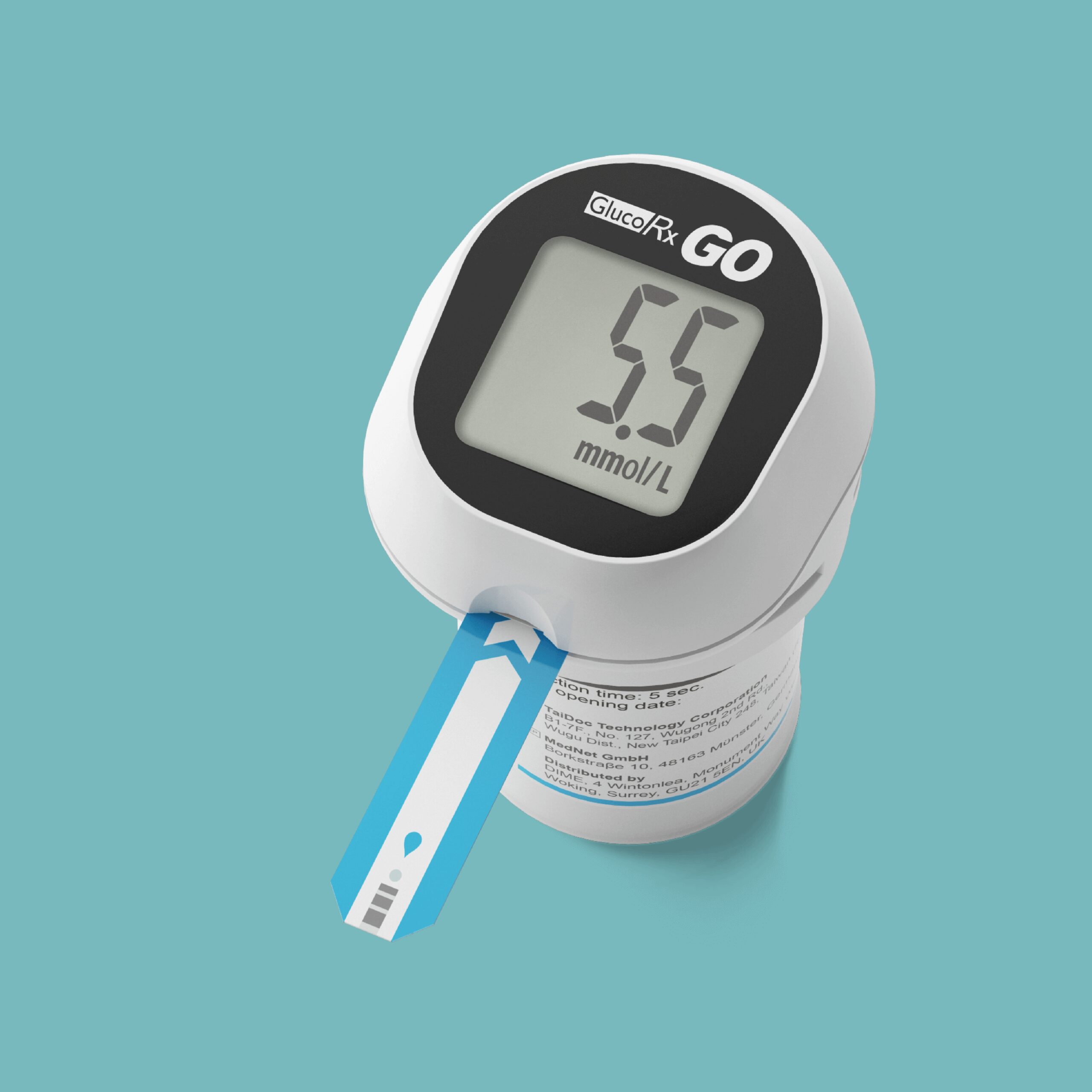
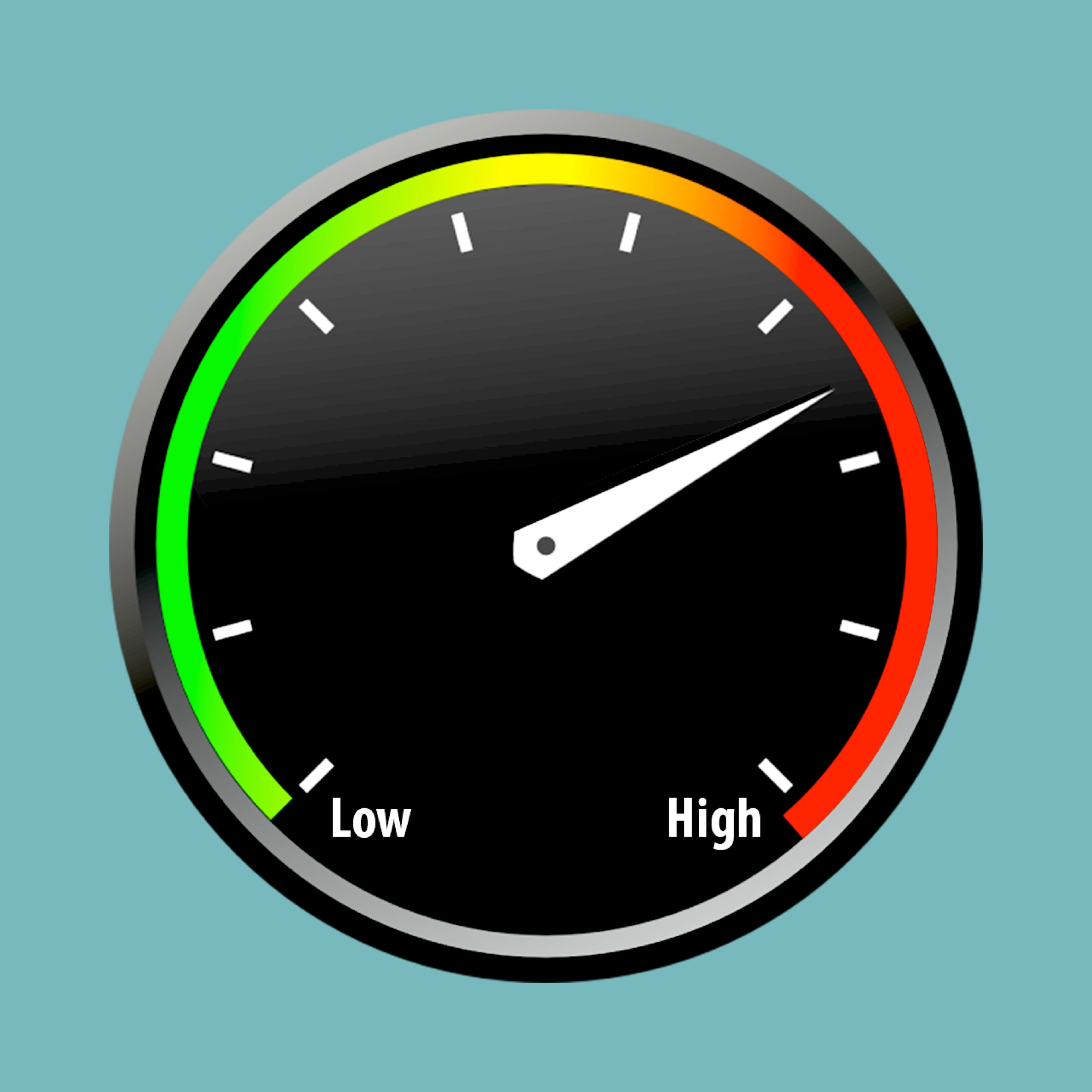
By keeping tabs on your blood sugar, you can manage your diabetes well and stay away from problems.
04. Quit Smoking and Drinking
Smoking and drinking are not good for your health, and they can make diabetes more likely and cause other problems too.
If you quit smoking and drinking, it lowers your chances of getting diabetes.
And if you already have it, quitting makes you healthier overall.
Smoking messes up how insulin works and can lead to type 2 diabetes, as well as heart and stroke issues.
Drinking too much alcohol can also raise your blood sugar and heart disease risk.
If you have diabetes, it’s best to limit alcohol to one or two drinks a day.
So, saying goodbye to smoking and drinking is a big step in preventing and managing diabetes.
These changes do wonders for your health!
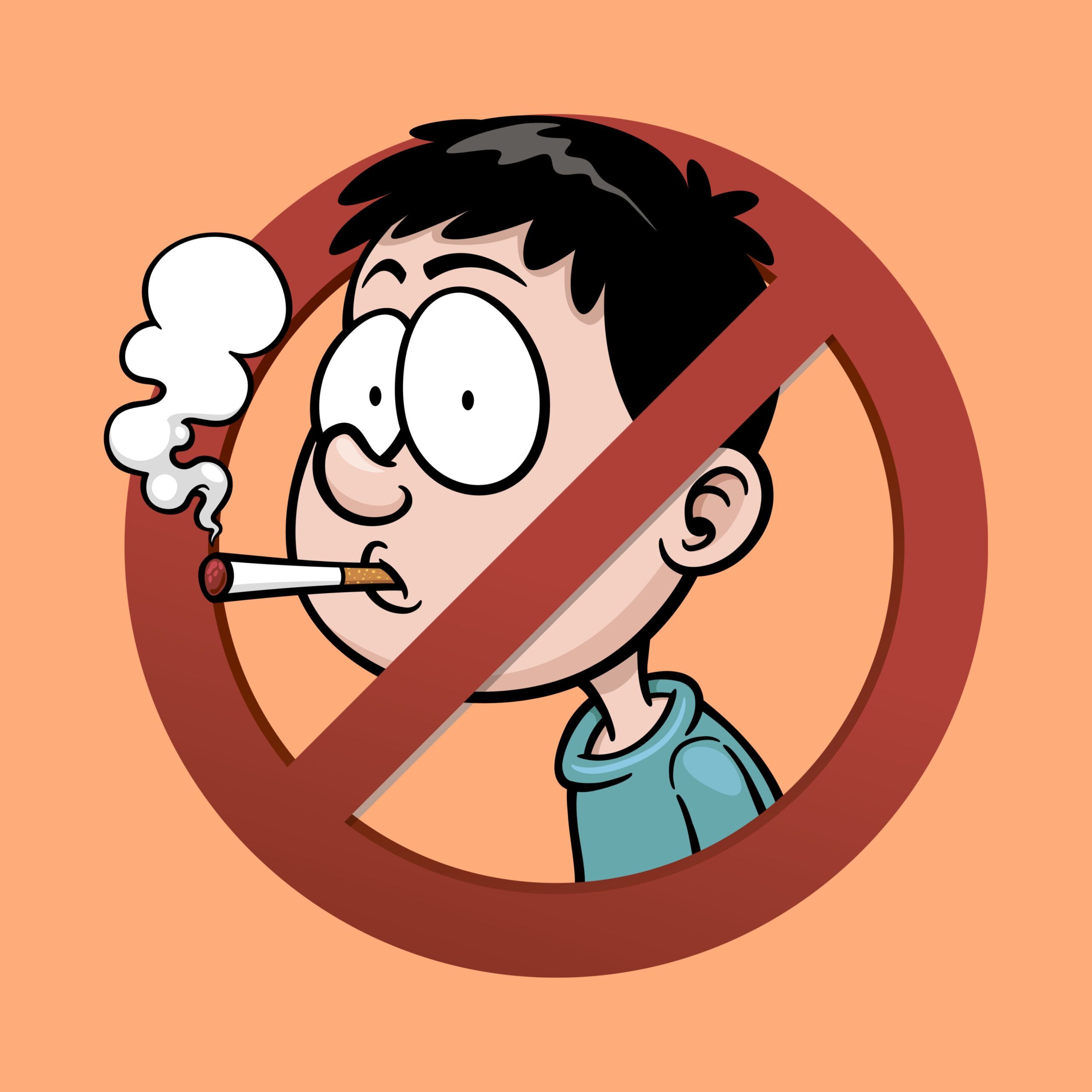
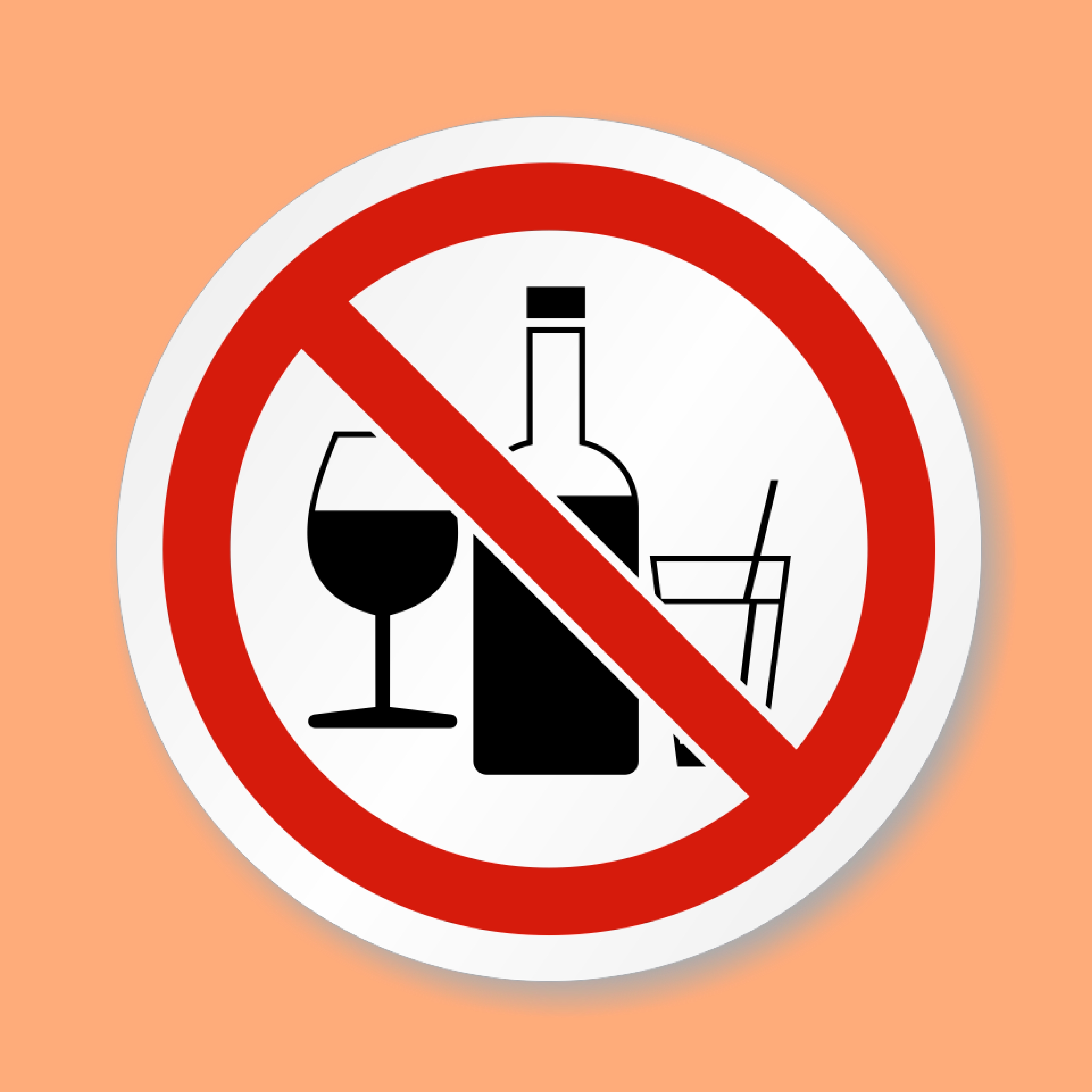
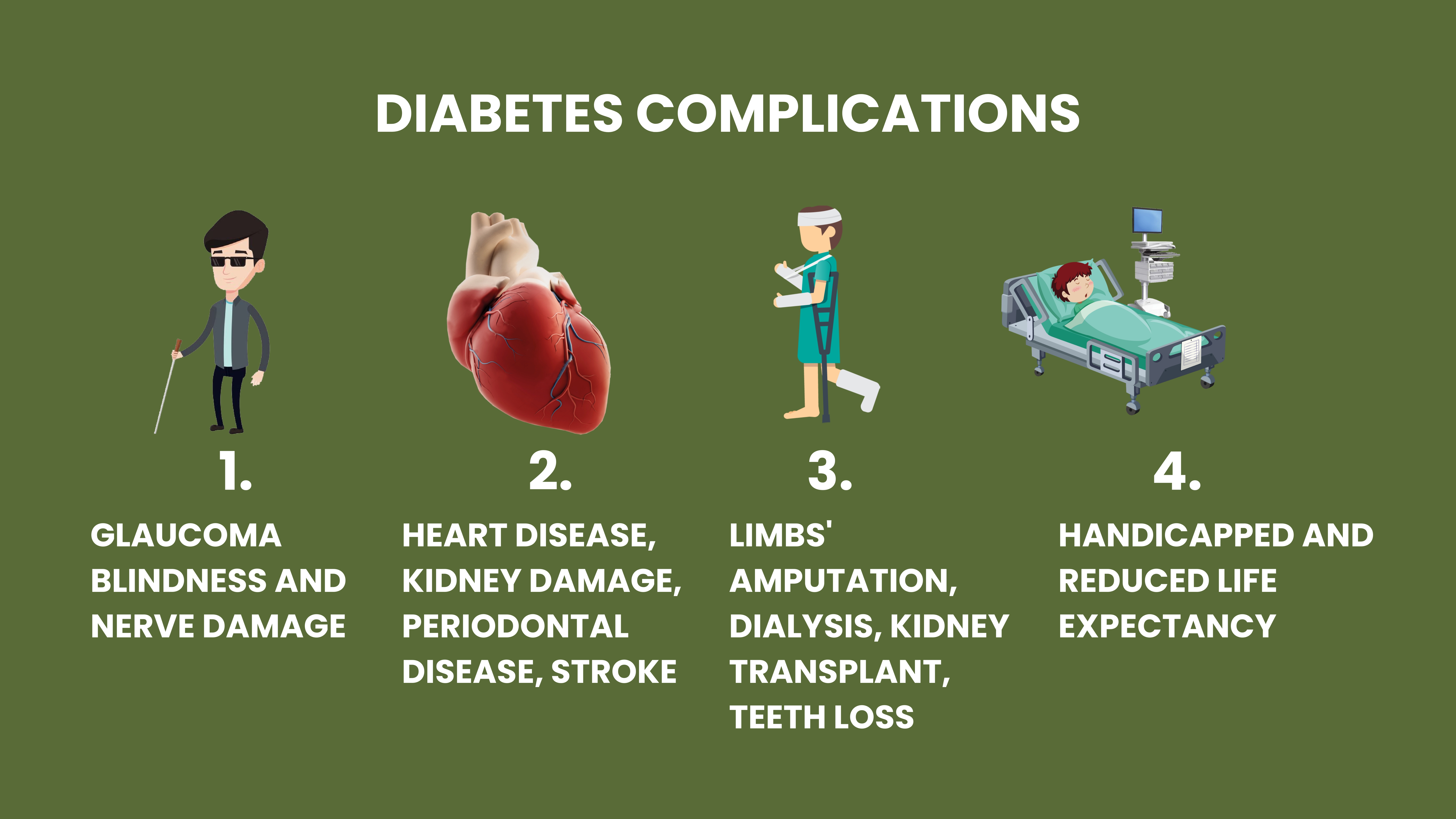
V. Diabetes Complications
Diabetes, if not managed well, can cause problems in different parts of your body like your heart, blood vessels, eyes, kidneys, and nerves. Some common issues are:
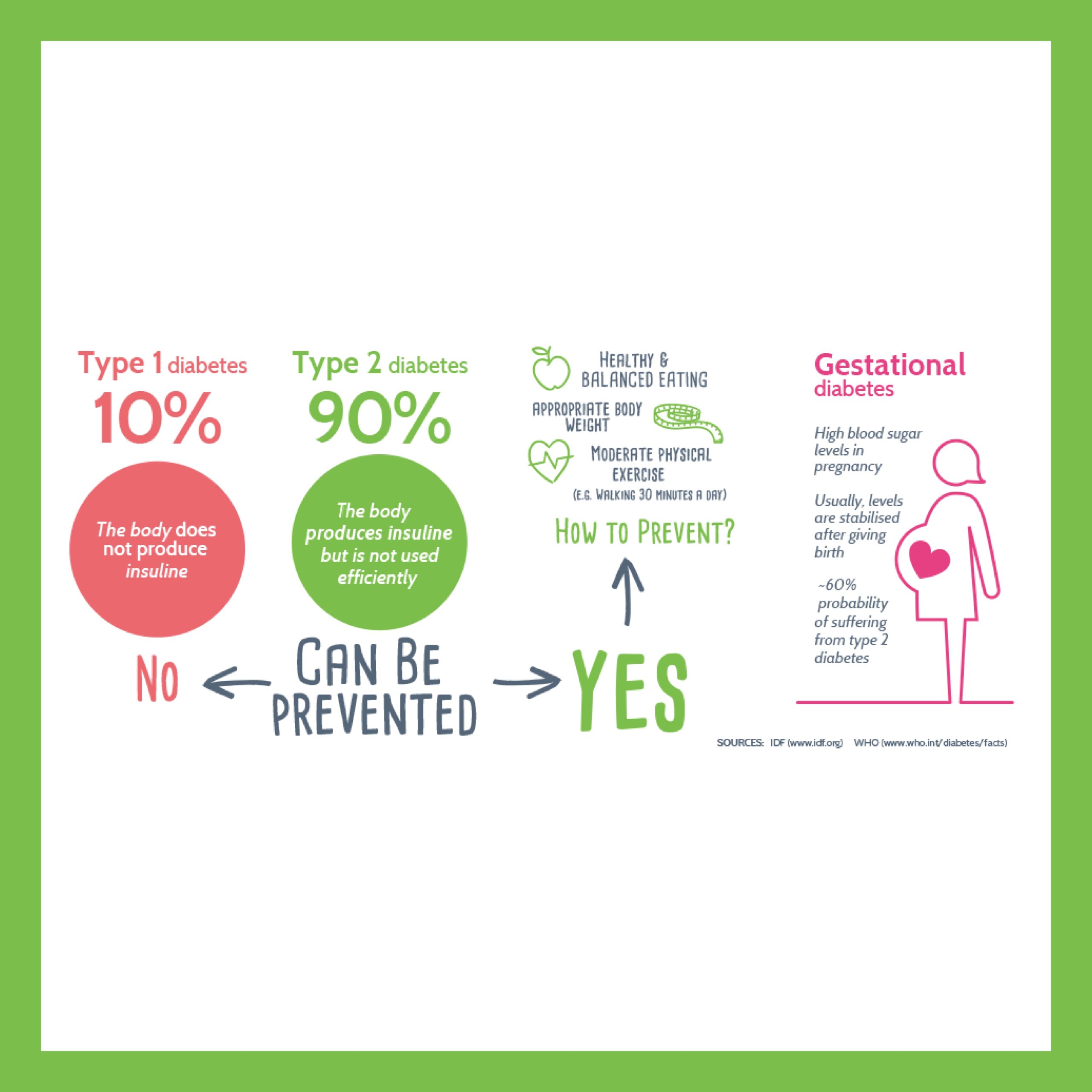
Heart Disease and Stroke
Kidney Problems
Nerve Issues
Eye Disorders
Foot Problems
Skin Conditions
These problems happen when your blood sugar stays too high for a long time. That’s why you need to keep an eye on your blood sugar and be ready to change how you eat and live.
Also, see your doctor regularly. They can check how you’re doing and catch any issues early. Treating problems early can stop them from getting worse.
01. Short-term Complications
When your blood sugar goes too high or too low because of diabetes, it can cause short-term problems.
High Blood Sugar:
This can make you feel thirsty, and tired, and give you a headache. It might even lead to dehydration.
Low Blood Sugar:
This can make you confused, your vision blurry, and in severe cases, even cause seizures.
To prevent these issues, check your blood sugar often and do what your doctor tells you. Eat your meals on time, stay active, and take your medicine like you’re supposed to.
This helps keep your blood sugar where it should be and lowers the risk of short-term problems.
02. Long-term Complications
When your blood sugar stays high for a long time because of diabetes, it can harm different parts of your body, like your heart, blood vessels, eyes, kidneys, and nerves.
Some of the common problems we talked about earlier are:
Heart Disease
Kidney Issues
Nerve Damage
Eye Disorders
Foot Problems
Skin Conditions
These issues can be really serious and even life-threatening. So, it’s super important to keep an eye on your blood sugar and be ready to change how you eat and live to prevent these long-term problems.

VI. Living with Diabetes
Living with diabetes can be tough, but you can do it and stay healthy and active.
Here’s what’s important:
Check Your Blood Sugar: Keep an eye on it and be ready to change how you eat and live.
See Your Doctor: Regular visits help you know what’s happening and how to manage your diabetes.
Healthy Choices: Eat well, move around, and quit smoking and drinking. These can lower the risk of problems.
Remember, you’re not alone. Talk to your doctor, find a support group, or join diabetes classes. They can make living with diabetes easier.
01. Managing Stress
Stress can make managing diabetes tricky, so it’s important to find ways to calm it down.
Here’s to keep in mind:
Stress can mess with how your body handles sugar, causing high or low blood sugar.
You can manage stress in different ways: try relaxation methods, exercise, or talk to someone about it.
Living healthy is a stress-buster too. Exercise, eating right, and good sleep help.
Staying close to family and friends also eases stress.
When stressful stuff happens, learn how to handle it.


If you can spot stress and deal with it, it won’t mess up your diabetes as much. Learning how to recognize and manage stress can help to reduce the impact it has on your diabetes management.
02. Taking Care of Your Feet
Taking good care of your feet is a must when you have diabetes.
Here’s why:
Diabetes can damage your nerves and make your blood flow not so great, which can cause foot issues.
Check your feet often for cuts, bruises, or sores.

Wear comfy shoes that fit well and avoid going barefoot to prevent injuries.
Keep your feet clean and dry, and make sure the water isn’t too hot when you shower or bathe.
If your feet feel weird, swollen, or change color, tell your doctor. Ask if it’s safe to use foot care stuff.
By doing these things, you can lower the chances of having foot problems.
03. Traveling with Diabetes
Traveling when you have diabetes can be also a bit tricky, but it’s totally doable.
You just need to plan ahead and make sure you’re all set to keep your blood sugar where it should be.
Here’s what to do:
Talk to your doctor before you go, so they can help you get ready.
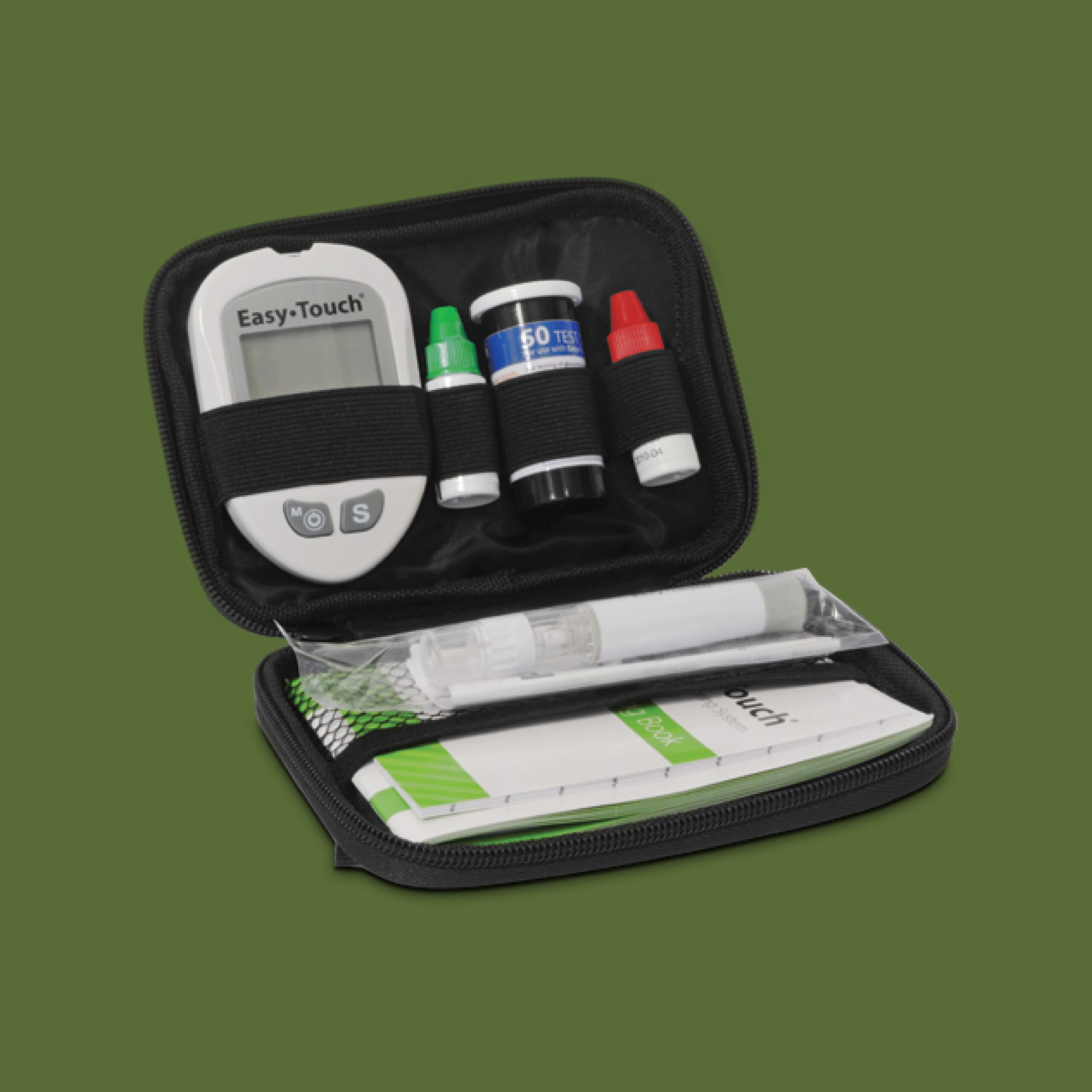
Bring enough medicine and supplies for your whole trip, and don’t forget your medical alert card.
Pack some healthy snacks and meals to eat on the way.
Remember to check your blood sugar often and stay hydrated while traveling.
Yes, it can be a challenge, but with the right planning, traveling with diabetes can be a great experience.
04. Working with Your Healthcare Team
Your healthcare team is like your diabetes support crew. They’re super important for managing diabetes well.
Here’s who might be on your team:
a doctor, a nurse, a dietitian (food expert), a diabetes educator (diabetes specialist), and even a mental health pro.
Each one can help in their own way:
They advise you on what to eat and how to move around.
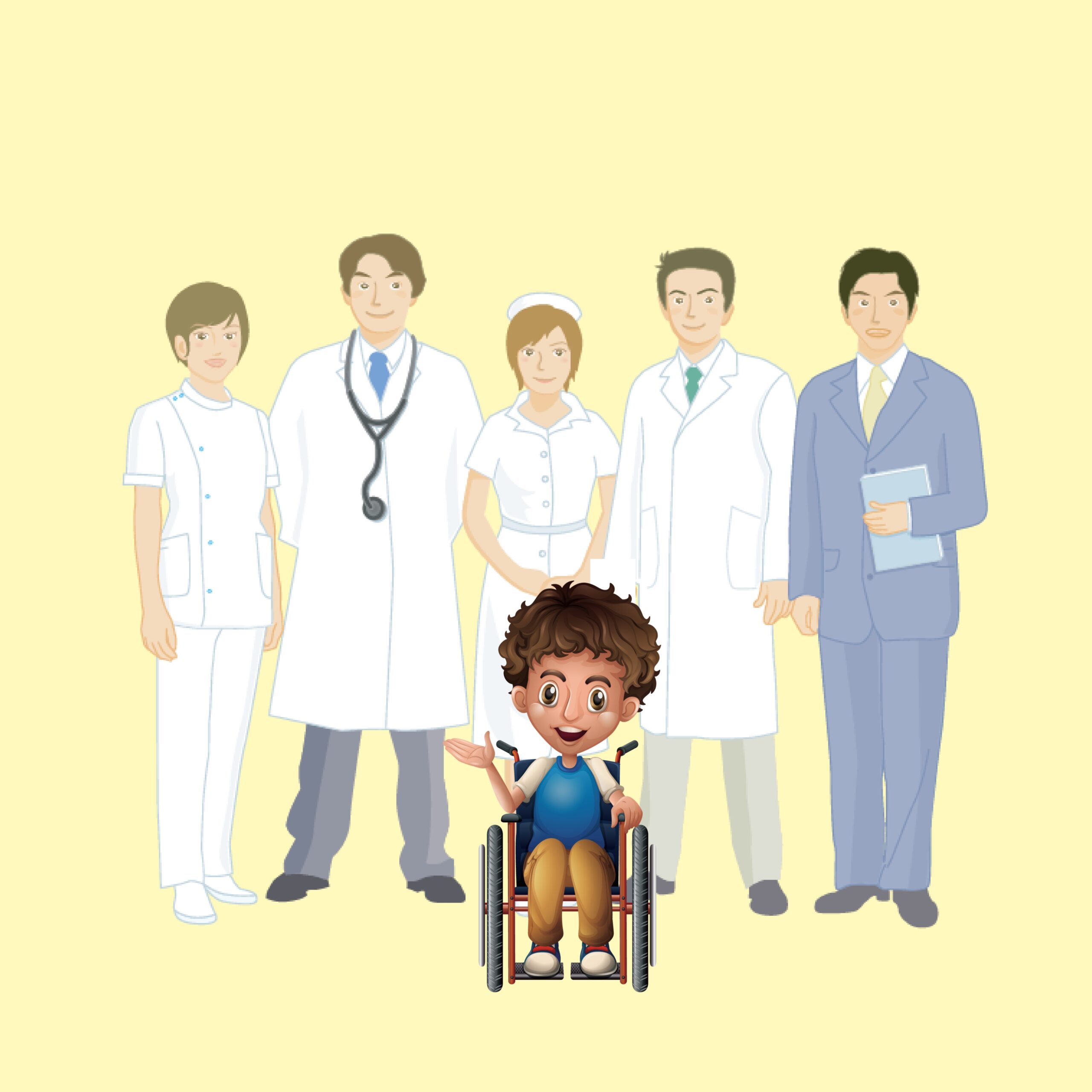
They check your blood sugar levels and suggest medicines.
They help with other health problems connected to diabetes.
Working together with your healthcare team keeps your diabetes on track and lowers the chances of problems.
Don’t forget to update them about any changes and ask questions when you need to.

Conclusion
Managing diabetes is the best way to handle it well. You can do this with the right help and knowledge.
When you learn more about diabetes and make changes in your life and diet, you can still be healthy and active.
Checking your blood sugar often is important to avoid problems.
Working with your healthcare team is a big help. They give advice and support.
Also, making good choices like eating well, moving around, and quitting smoking and drinking can keep you healthy and lower the chances of problems.
So, follow these tips and stay on top of managing your diabetes. It helps you stay healthier.
Did You Know that Type 2 Diabetes Can Effectively Be Fixed Today?
Type 2 Diabetes used to seem like an unchanging condition, but recent advancements in medicine, lifestyle modifications, and healthier habits have shown that it can be better controlled and even reversed.
This positive shift in managing Type 2 Diabetes offers hope and opportunities for many people looking to take control of their health.
Learn more about that and click on one of the links below:
Share this Post!
Sharing information about managing diabetes can indeed help others who are dealing with this condition. Your efforts to spread awareness and knowledge can make a positive impact on someone’s life.
So, if you found this post helpful and think it can help others, please share it and feel free to do that.
Many people have diabetes, and sharing might make a difference in their lives, even if you don’t know them.
Thank you for your time!

